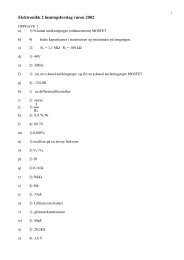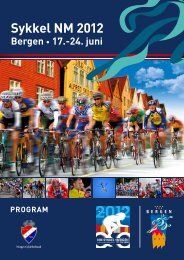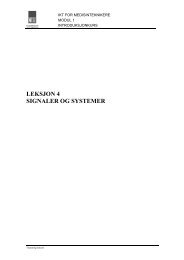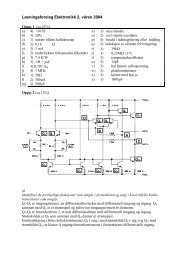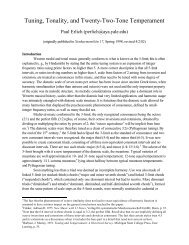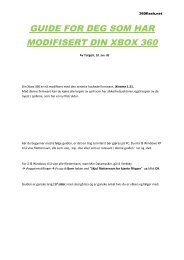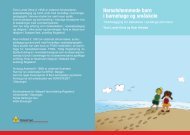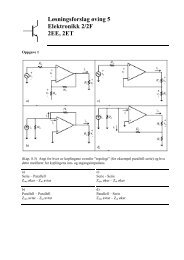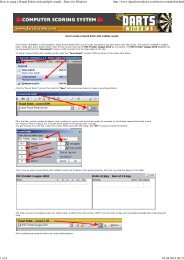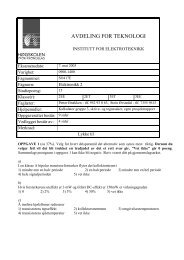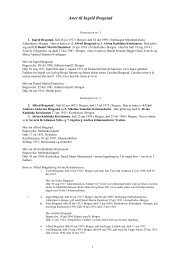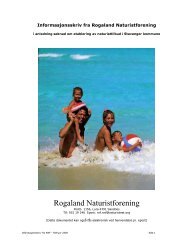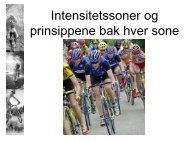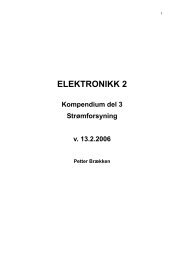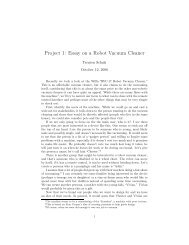The Online World resources handbook
The Online World resources handbook
The Online World resources handbook
You also want an ePaper? Increase the reach of your titles
YUMPU automatically turns print PDFs into web optimized ePapers that Google loves.
Keep what you find! http://home.eunet.no/~presno/bok/14.html<br />
<strong>The</strong> <strong>Online</strong> <strong>World</strong> <strong>resources</strong> <strong>handbook</strong><br />
Chapter 14:<br />
Keep what you find!<br />
[INDEX] [Expanded Index] [Search] [NEXT] [BACK]<br />
Search and throw away<br />
Dig for 'overview'<br />
Post processing the data<br />
Reuse data on your hard disk<br />
Desinformation, myths, hoaxes,<br />
fraud, deception and errors<br />
Little is gained by being skillful at locating and accumulating information, and then<br />
becoming drowned in an avalanche of data that one cannot manage or use. This<br />
chapter starts with how to handle retrieved information, and build a personal database<br />
on your own hard disk. We continue by investigating strategies for finding interesting<br />
information on own your disk, before winding down with some words about what<br />
separates good information from bad.<br />
Search and throw away<br />
To novices, everything is difficult. During their first trips online, they may feel as if<br />
moving to the other side of the globe. <strong>The</strong>re, they would meet other newspapers,<br />
magazines, information sources, and services. It takes time to find your way around in<br />
this new environment.<br />
To find online gold mines, trial and error are necessary. As you get more<br />
experience, however, focus tends to shift from getting information to digesting.<br />
Retrieving the data is 'in your fingers', and doesn't bother much anymore.<br />
<strong>The</strong> bad news is that your reading speed remains at the same old level, while the<br />
amount of retrieved data grows. Most users therefore need a strategy for handling the<br />
resource. This is my take:<br />
In our time, when people tend to talk more than they listen, we'll usually find more<br />
information than knowledge. <strong>The</strong>refore, say NO to irrelevant information! It is<br />
rarely worth keeping.<br />
<strong>The</strong>re is no good reason to learn things that you really do not need to know.<br />
Practice "selective ignorance."<br />
Regularly rate your online sources. Critically. Discard those costing you more<br />
time, money and effort than they are worth. Concentrate on those giving the best<br />
returns.<br />
Regularly adjust the frequency with which you visit selected services to match<br />
1 of 7 23.11.2009 15:48



